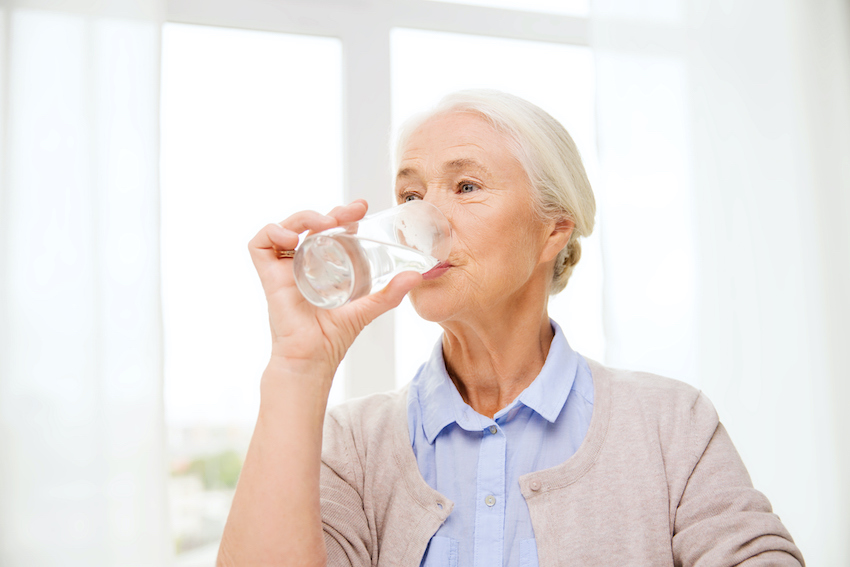
Getting to the bottom of urinary incontinence helps seniors continue to live active lives.
While common in seniors, urinary incontinence is a challenging condition to manage, impacting everyday life in many ways and often leading to decreased self-confidence and assurance as well as the limiting of rewarding activities.
However, it’s essential to realize that that urinary incontinence is not something that must simply be accepted as an ordinary component of aging. Figuring out the reason behind the problem can lead to a successful treatment option. Factors that contribute to bladder control problems include:
- A urinary tract or vaginal infection
- Constipation
- Weakened or overactive bladder muscles
- Weakened pelvic floor muscles or pelvic organ prolapse
- Nerve damage from conditions such as Parkinson’s disease, diabetes, or MS
- Enlarged prostate
- Health issues which make it more challenging to get to the restroom in time, such as arthritis
An older adult going through issues with incontinence should visit with the doctor to go over symptoms, medications, and medical history. He or she may recommend blood and urine tests in addition to testing to decide how effectively the bladder is emptying. Keeping a daily journal ahead of the appointment can be helpful, observing the times of day when urinating and when leaking urine.
As soon as the cause of the urinary incontinence has been established, treatment plans may include:
- Oral medications which may tighten muscles or help the bladder empty fully
- An injected medication into the area surrounding the urethra
- A low-dose estrogen cream
- Nerve stimulation around the bladder
- A urethral insert or pessary in order to prevent leaking
- Surgery in the event that incontinence is caused by blockage or a modification of the bladder’s position
Additionally, some incontinence issues may be alleviated by trying:
- Kegel (pelvic muscle) exercises
- Biofeedback
- Timed urination, emptying the bladder on a set schedule
- Lifestyle changes, such as eliminating caffeine and alcohol, quitting smoking, and losing weight
Frequently, seniors with urinary incontinence falsely believe that they need to reduce their fluid intake. It is essential to maintain proper hydration and also to recognize that lower hydration levels result in more concentrated urine, which actually could make urinating more uncomfortable and increase issues with incontinence. Plain water is always the best option; however, if the senior prefers, try adding flavoring such as a slice of cucumber, lemon or lime.
For a senior loved one with Alzheimer’s disease, especially in the later stages, urinary incontinence is very common, and can be helped by:
- Making it simpler to get to the restroom by ensuring pathways are clear and there is adequate lighting
- Eliminating coffee, soda, and tea from the senior’s diet, because these increase urination (but ensuring the senior drinks adequate water)
- Taking regular, frequent bathroom breaks
- Choosing clothing that is easy to remove
- Experimenting with different types of incontinence care products to find one that’s most comfortable
When looking for trusted at home care in Kansas City, Hearts at Home In-Home Care’s aging care experts are trained and experienced in incontinence care, and are available to help give recommendations in addition to in-home care to help with personal care needs, discreetly and always with the utmost respect. Contact us at 913-440-4209 to ask about a free in-home consultation and for additional information about our at home care in Kansas City and the surrounding areas.
